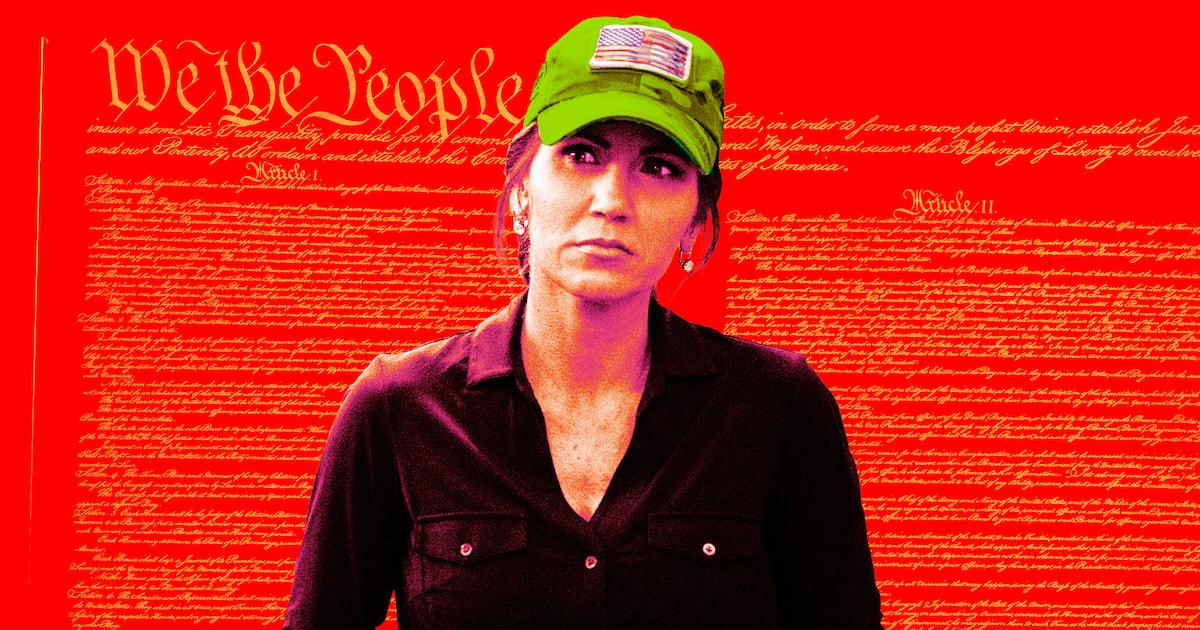Ever wondered whether drunk walking is better than drunk driving or if eating kangaroo meat can save the planet? Authors Steven D. Levitt and Stephen J. Dubner share the answers in Superfreakonimcs. Perfect dinner party fodder, the book has already sold 4 million copies and been translated in 35 languages. Levitt, an economist, and Dubner, a journalist, are the perfect pair—get them together and it’s impossible to stop reading.
Here, the authors weigh in on what makes the sequel to Freakonomics hard to put down:
Q: In your new book, you write about anything from global warming to prostitutes. How do you choose these seemingly random topics to investigate and compare?
A: The criteria are pretty simple, really. A topic has to be compelling—to us at least, and hopefully to readers as well. There needs to be data, as opposed to just an emotional or ideological argument. And we try to avoid wasting readers’ time (and ours) by having at least something new or surprising to say about a topic even if it’s old. As a result, we tend to write about some topics that most people have the good sense to avoid—the economics of street prostitution, or whether the name you give your kid has an influence on the kid’s outcome. But the idea is that if you use a forensic approach on topics that are usually discussed in the most unscientific terms, there are things to be learned.
Q: This is a sequel to Freakonomics, which was also a bestseller. What sets this second book apart?
A: Instead of writing about the economics of crack cocaine, we wrote about the economics of prostitution. Instead of writing about collusion among sumo wrestlers, we wrote about the thorny science and economics of global warming. Otherwise, things are quite similar. We probably swore a little bit less in the second book, but that was accidental.
Q: Your writing is peppered with truly surprising facts and statistics. Do either of you have a few really shocking ones that you always seem to mention when speaking to others?
A: The relative danger of drunk walking never fails to surprise; nor, sadly, does the relative inefficacy of chemotherapy. And there are so many reality-based arguments about global warming that have been subsumed by furious hand-waving on all sides of the aisle.
Q: Once you delve into a specific concept, you really turn it upside down for the reader. Why is it important to get people to think in an unconventional manner?
A: It’s not as though our only mission is to necessarily tweak the conventional wisdom. It’s just that there are so many areas in life where we’ve come to accept a given interpretation without inspection how that interpretation was formed. More often than not, [our interpretation] was formed by mixing together some anecdotes, ideology and wishful thinking to come up with a palatable story. Instead of that, we try to use data and common sense. And it’s not as though our reinterpretations make the world a scarier or more dangerous place—in fact, it’s usually the opposite. There are an awful lot of people who peddle silly conventional wisdom in large part to simply perpetuate their professional existence, and we do try to pop their balloons.
Q: Did you leave any chapters or facts out that you wish you had included?
A: Only the chapter about how people who read the Daily Beast are smarter, better-looking, more charitable, and have sweeter-smelling breath than the average American.
Q: Thanks for the compliment! You mention hoping that the book would be the start of many conversations—it has been. What are some of the reactions you’ve had from your readers?
A: It’s funny. We get a lot of emails but the sections of the book that make more noise in the press—our take on global warming or our writing in Freakonomics about the relationship between abortion and crime—are generally not what people write to us about. That is, there are certain litmus-test topics that tend to stir up people who argue for a living (global warming and abortion being two prime examples) whereas most readers are more interested in talking about things that are closer to home: parenting, education, incentives in the workplace, innovation and so on.
Q: How did both of your backgrounds contribute to putting together the book and what roles did you take on during the writing process?
A: Levitt is an economist; Dubner is a journalist. We very much appreciate and rely upon each other’s specific abilities. That said, Levitt appreciates a strong narrative and Dubner does his fair share of research. So our skills (such as they are) overlap more than most people would think. We also both benefitted from parents who taught (and incentivized us) to think about problem solving differently than most people—it wasn’t called ‘out of the box’ back then, but you get the idea.
Q: So what other ‘out of the box’ projects are you working on now?
A: Levitt has started a firm called the Greatest Good, which does consulting and empirical philanthropy. Dubner hosts a new public-radio show called Freakonomics Radio. We still work together on a lot of things and are saving string for a third book.






